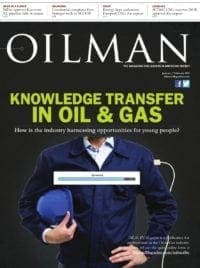The Texas Oil & Gas Association and the Texas General Land Office on Nov. 5, 2014, filed lawsuits in Denton County and Travis County, respectively, against the City of Denton, Texas, in response to voter passage on Nov. 4, 2014, of a town ordinance banning hydraulic fracturing. According to the TXOGA, the ban is inconsistent with state law and violates the Texas Constitution. The TXOGA said that while home-rule cities may regulate some aspects of exploration and drilling, TXOGA does not believe that they may enact ordinances that outlaw conduct, such as hydraulic fracturing, that has been approved and regulated by state agencies.
In a Nov. 5, 2014, statement about the ban, Railroad Commission of Texas Chairman Christi Craddick said the charges delegated to the Railroad Commission of Texas are to manage the safe and responsible production of the state’s natural resources.
“We have ensured that our state has an exemplary environmental and public safety record,” Craddick said. “That record has fostered unprecedented economic growth and job creation. It is my goal that every community in Texas not only understands that they are safe, but they are the beneficiaries of our regulatory expertise.”
The City of Denton on Dec. 1, 2014, filed its answers to the petition, claiming that environmental conditions in Denton that are caused by hydraulic fracturing “constitute a public nuisance, which may be abated and future occurrences prevented by the city under its regulatory powers.”




